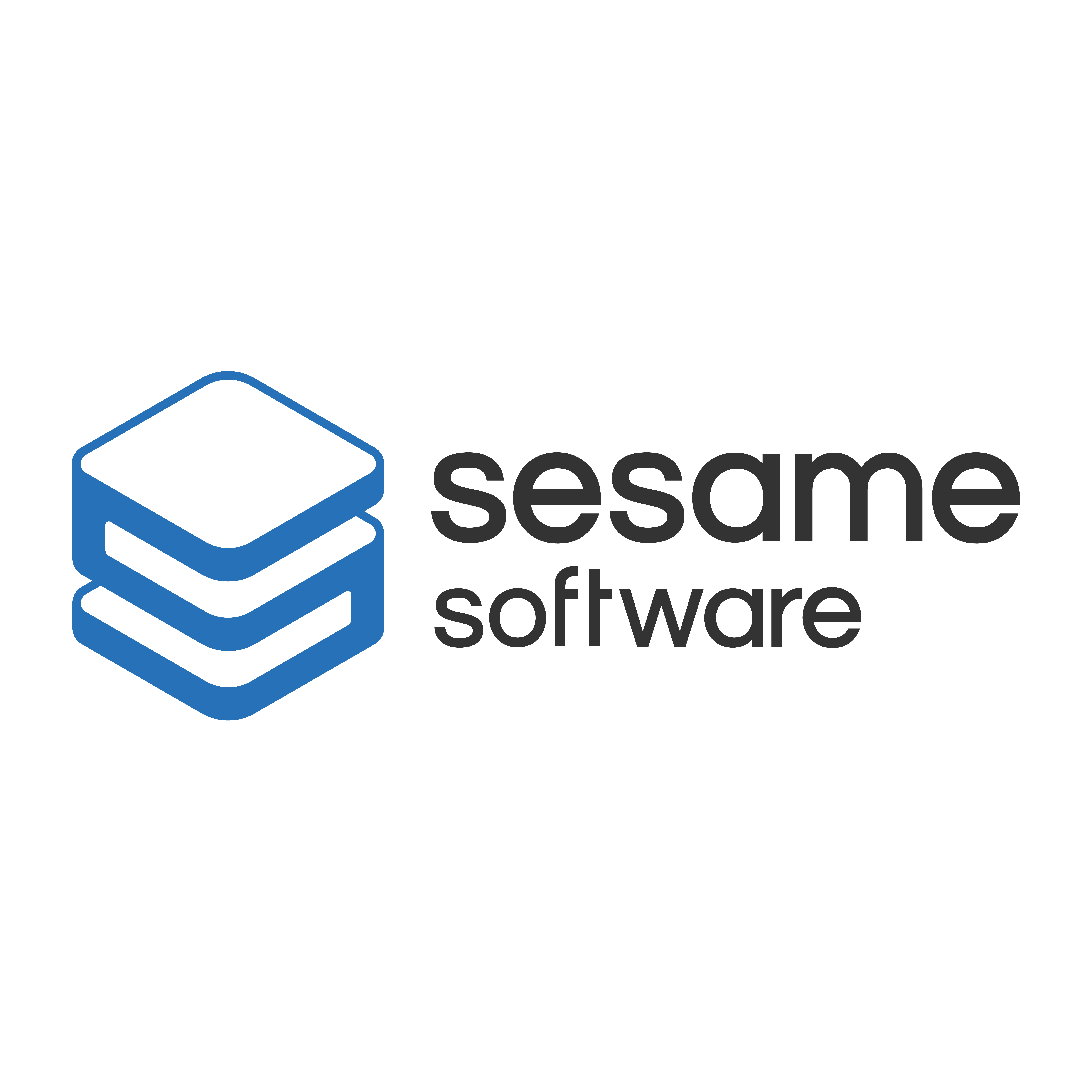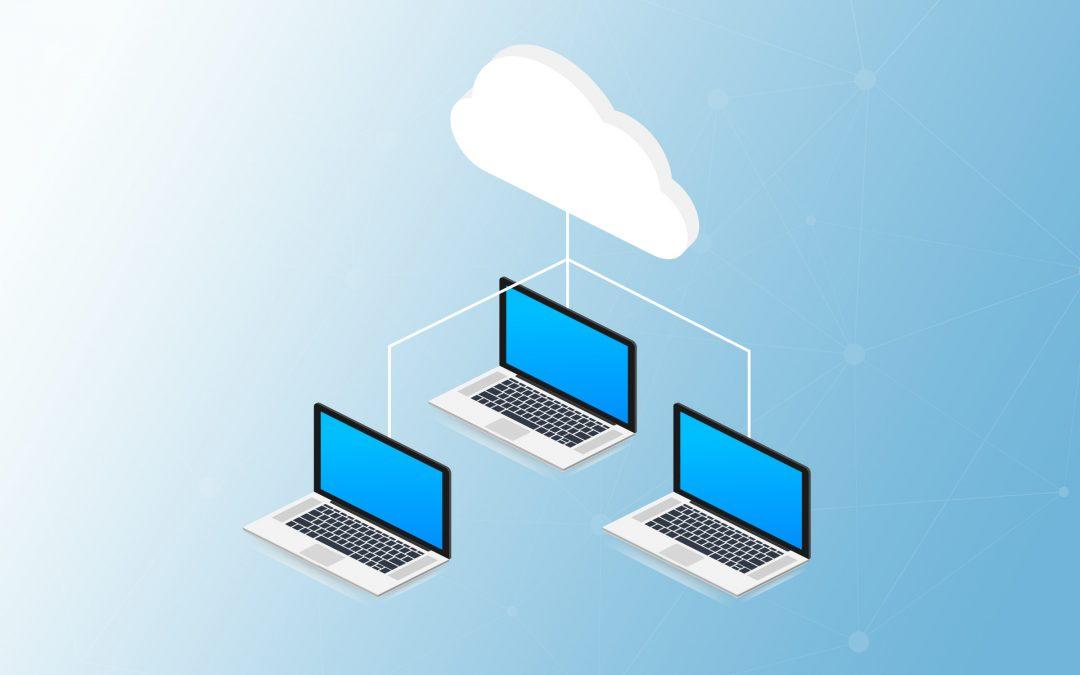Moving your workloads to the cloud can seem like a daunting task. Maybe you are concerned that cloud technology is not a long-term solution. Or perhaps the cost of moving to the cloud, with time and resources, would outweigh the benefits for your particular business. As many move towards cloud computing as a solution, use this article to determine the correct step for you – whether that is continuing on-premise or completing a successful migration to the cloud.
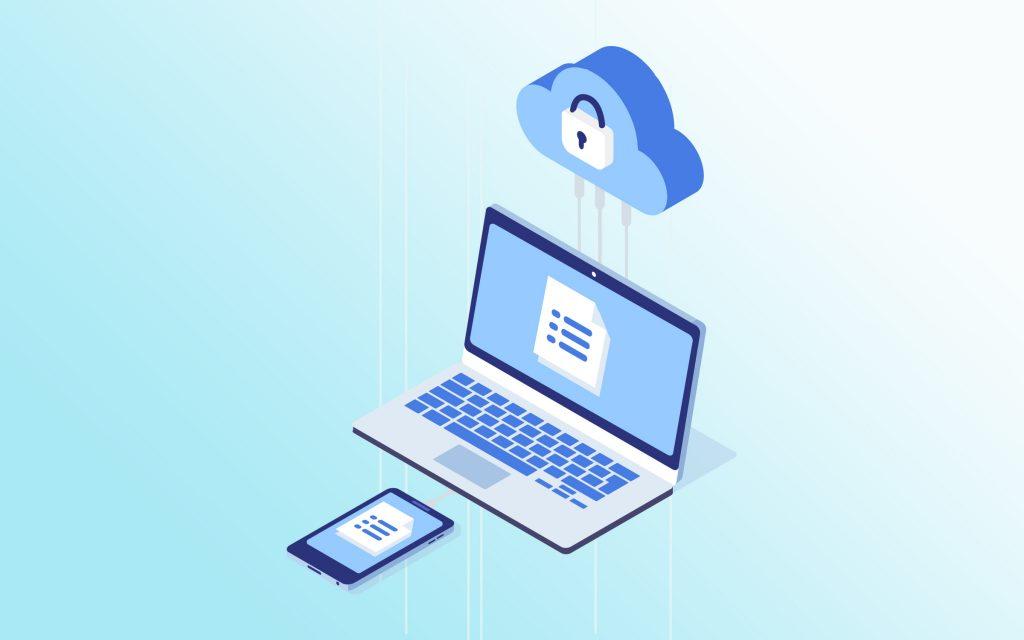
What’s the Difference Between On-Premise & Cloud?
This is a common question. Data is vital to a business’s success when it comes to making decisions. Therefore, it is very important to keep it accessible and protected. So, there are two ways to store this important data, either on-premise or cloud.
On-Premise
On-premise, or on-prem, is when the data is stored on the computer of the person working on the data or in the company’s internal system. To ensure that data is communicating properly, hardware and software will need to be installed on these devices. With on-prem, if more sources are added, maintenance is required to ensure the data is mapped correctly and able to function.
In The Cloud
Cloud technology uses the internet to house the data. It is possible to access, store, or update the data from anywhere. Also, in most cases, data is backed up automatically – eliminating the need to purchase external hard drives or to be tied to a certain set of computers. Instead, users usually pay a monthly fee to house the data in the cloud, such as AWS or Google Cloud.
Hybrid
A hybrid cloud is an environment that uses a mixture of on-premise, public and private clouds to house data. It is typical practice to house more critical information on-premise and less sensitive data in the public cloud. Items in each environment can communicate, allowing for flexibility and cost management when storing your data.
While cloud data has many benefits, migrating data into the cloud can be challenging. Check out the five most common hurdles when moving data to the cloud.
Top 5 Cloud Migration Challenges

Speed
Many are asking, how long does it take to deploy cloud services? What is the risk of downtime? These are important questions. The IT team needs to be knowledgeable about the cloud to ensure it’s up as fast as possible – which can be difficult without the proper skills.
Downtime has the potential to hurt customer relationships, depending on the data you are transferring to the cloud. This means it is essential to educate the team beforehand to ensure they are comfortable with the platform and aware of the issues that could arise during the process.

Cost
For many businesses, moving data to the cloud can be costly. As this takes time and resources, it’s important to assess the costs before starting the cloud migration process.
You should consider if the data will need to be rewritten or redesigned for the cloud. After this, if you are using enterprise applications, will the terms change when moving to the cloud? Will it cost more to house the data? If so, it would be beneficial to look into SaaS solutions.
Over time, moving to the cloud will be less expensive than maintaining an on-premises solution. However, migration to the cloud comes with a price, so it is important to consider all aspects upfront. As time goes on, on-prem could become obsolete, making migrating to the cloud even more difficult and expensive. Overall, even though cloud computing requires expenses upfront, it may provide cost savings in the long run.

Security
When it comes to security, cloud environments can be more challenging than on-premises environments. Previously, your data was stored on a set of computers, sometimes without access to the internet. After the migration, your data will be housed only on the internet. It is a frightening thought.
To combat this, look for a provider with strict security policies. Many providers take security very seriously and in most cases, the data will be more protected than when it was on-prem. Security must be considered in the application performance when looking for a service provider.

Technical Knowledge
In our recent poll, 38% of respondents stated that technical knowledge is one of their biggest challenges moving to the cloud. Check to make sure that your team’s skills align with what is needed for the project and assess where you might need to bring in outside help.
Employees who interact with data also need technical knowledge for the migration and for the implementation. It is crucial to make sure that these employees understand the skills and knowledge they need to have before the cloud migration, as the organization can be vastly different from what it was in the past.

Strategy
Lastly, it is important to understand and take the time to determine your strategy. There are many different wants and needs when it comes to cloud migration and many ways to get there. Determine the business objectives you are looking to accomplish and devise a thoughtful cloud migration strategy. A well-constructed cloud strategy eliminates the need to backtrack to formulation after the migration has already started.
In conclusion, there are many challenges with data migration. Migrating to the cloud from on-premise data housing could be a cost-effective, secure solution for your business – providing insights that were not available before.
Benefits of Cloud Migration
While there are many challenges when it comes to migrating data to the cloud successfully, there are also many benefits. These benefits can provide a lasting impact on your business, allowing the company to not only grow but thrive.
Analytics
Keeping your business up-to-date with the latest data technology will pay off in the long run – increasing the agility and flexibility of the business. The cloud allows for a 360-degree view of your data with the ability to analyze everything in one place.
Innovation
Allowing the company to innovate faster and make quicker business decisions in an ever-changing market can be crucial in setting your business apart. You can access and analyze your data anywhere with cloud migration. No more waiting days for reports or missing sections of data in your on-prem system.
Scalability
Your company will be able to grow at a faster pace with scalability as a priority. Data mapping will become a thing of the past, and your team will be able to connect data sources in a few minutes, instead of spending weeks on the project.
Compliance
Meeting compliance requirements is one of the specialized functions of some cloud platforms. As this is ideal and highly regulated in some industries, it could be seen as a very large attraction to hosting in the cloud.
Backup
Almost all cloud providers offer backup and recovery features, helping to ensure business continuity. Some providers also allow you to store backups in different geo-sections.
Moving to the Cloud
In the end, it is essential to make the correct decision for your business. There are many cloud migration tools available and research should take time before deciding on a managed service for a public cloud or private cloud.
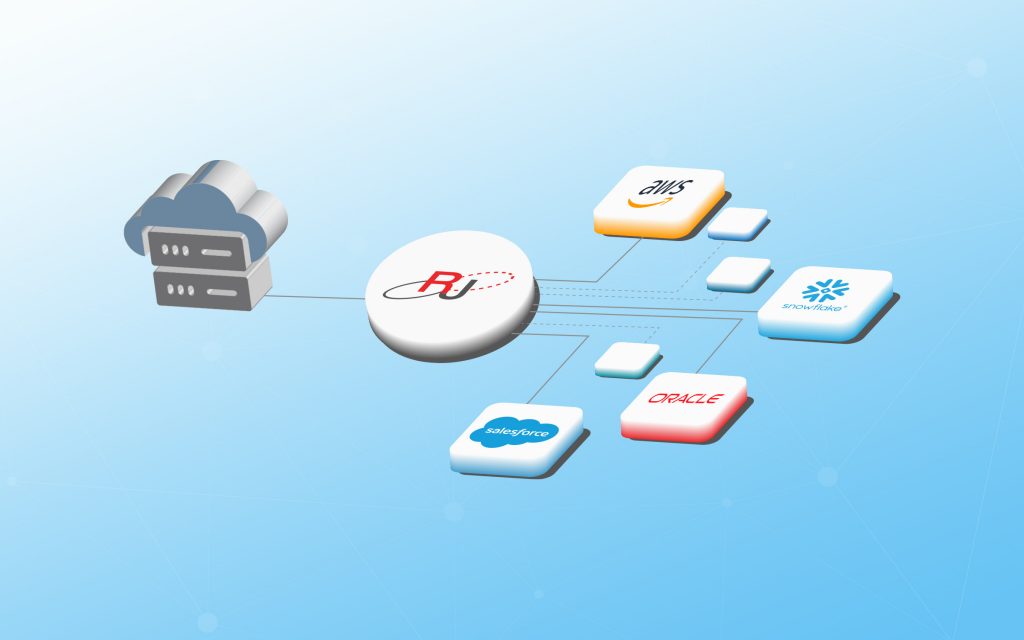
The Solution
Sesame Software is built to handle cloud migration and integration complexities no matter the size, volume, or source of data. Sesame Software is fully scalable and connects and aggregates data from different silos and sources, both on-prem and in the cloud.
By utilizing data replication, Sesame Software provides users with a mirror copy of their disparate data. Because data is continuously synchronized, all data changes are reflected, ensuring accurate analytics and superior reporting for critical business intelligence. If you would like to learn more about the cloud migration services available with Sesame Software, schedule a discovery call today!
